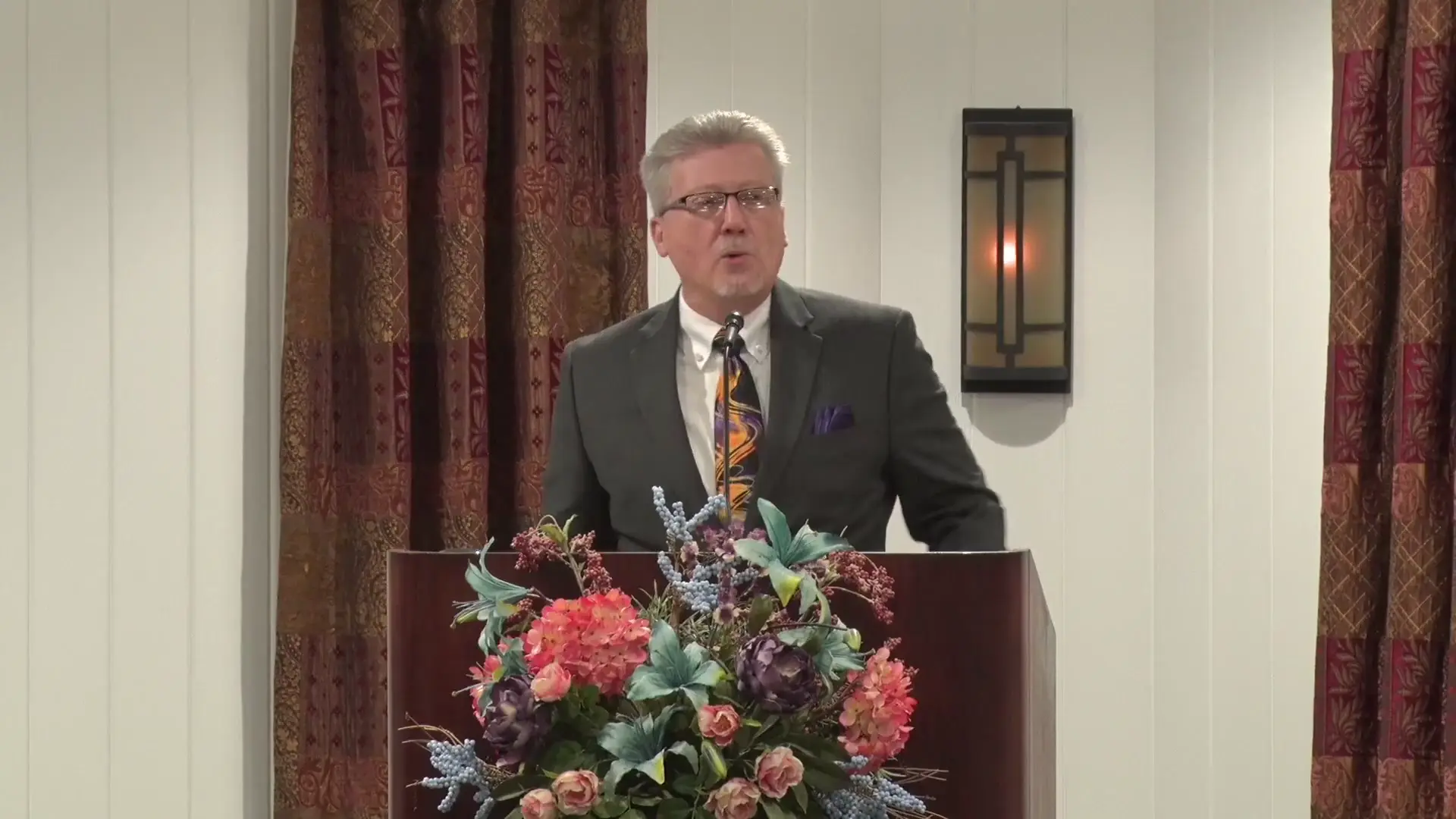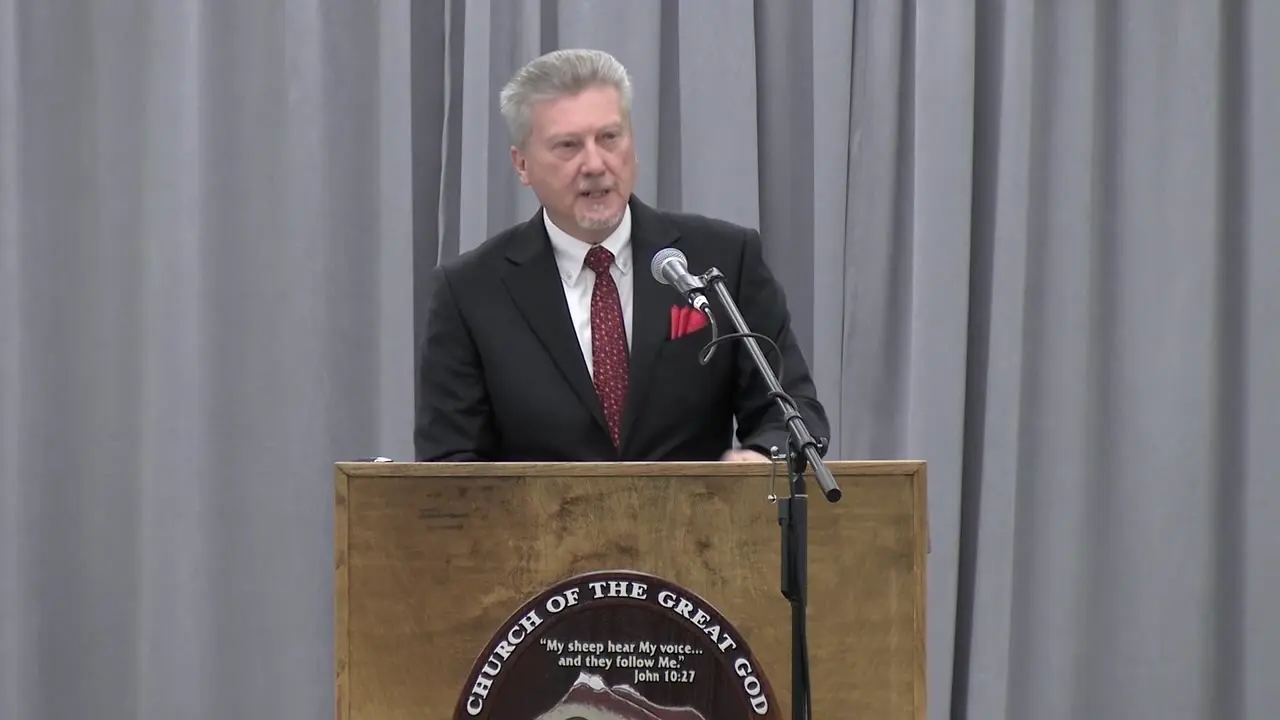Filter by Categories

Joshua's Four Miracles (Part Two)
Sermon by Richard T. RitenbaughThe life and leadership of Joshua provide a metaphor for the Christian journey following baptism, a path marked by spiritual warfare, growth, and trust in God.

Joshua's Four Miracles (Part One)
Feast of Tabernacles Sermon by Richard T. RitenbaughIsrael's conquest of Canaan under Joshua can be a metaphor for the journey from baptism to entering God's kingdom, especially for the second generation.
Trumpets and the Fall of Jericho
Sermon by Richard T. RitenbaughOne major incident involving the blowing of trumpets occurred at the outset of Israel's incursion into Canaan, when God brought down the walls of Jericho.
We Will Serve the Lord!
Sermon by Martin G. CollinsJoshua's deeds were demonstrations of God's power. Joshua charged the leaders to remain courageous, love God and His Law, and serving Him with all their heart and soul.
Facing Cultural Headwinds
Sermon by Richard T. RitenbaughGod's saints encounter great difficulties keeping their balance and moving toward the Kingdom while being buffeted by the anti-God, progressive culture.
Numbers (Part Three): Poised at the Jordan
Feast of Tabernacles Sermon by Richard T. RitenbaughThe last chapters in Numbers describe a lengthy holding pattern in which not much seemed to happen. We must have patience as we wait for the Kingdom of God.

Cleansing God's People
'Prophecy Watch' by David C. GrabbeHaggai received the last two prophecies on the same day. Haggai 2:10 and 20 identify that day as the twenty-fourth day of the ninth month, called Kislev.